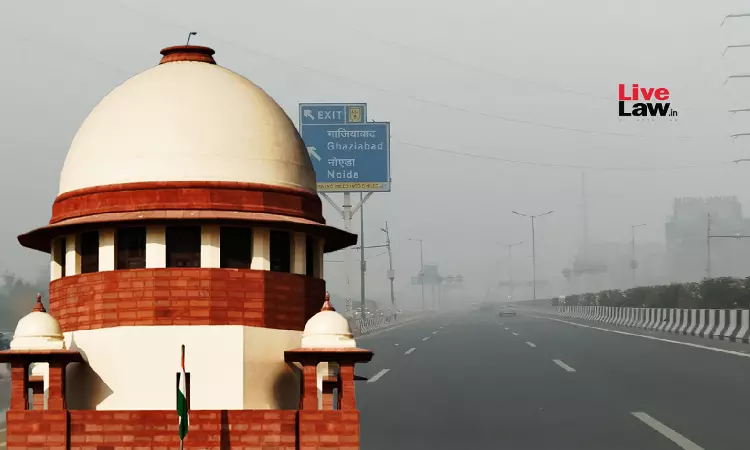Dehi Air Pollution | Supreme Court Directs NCR States To Form Teams For Monitoring GRAP Compliance
Amisha Shrivastava
19 Dec 2024 6:07 PM IST

Next Story
19 Dec 2024 6:07 PM IST
The Supreme Court on Thursday (December 19) directed NCR states to form multiple teams of officials to monitor compliance with measures of the Graded Response Action Plan (GRAP), imposed due to the worsening air quality in Delhi-NCR.A bench of Justice Abhay S Oka and Justice Augustine George Masih directed the states to constitute multiple teams comprising officials of the police, revenue,...
